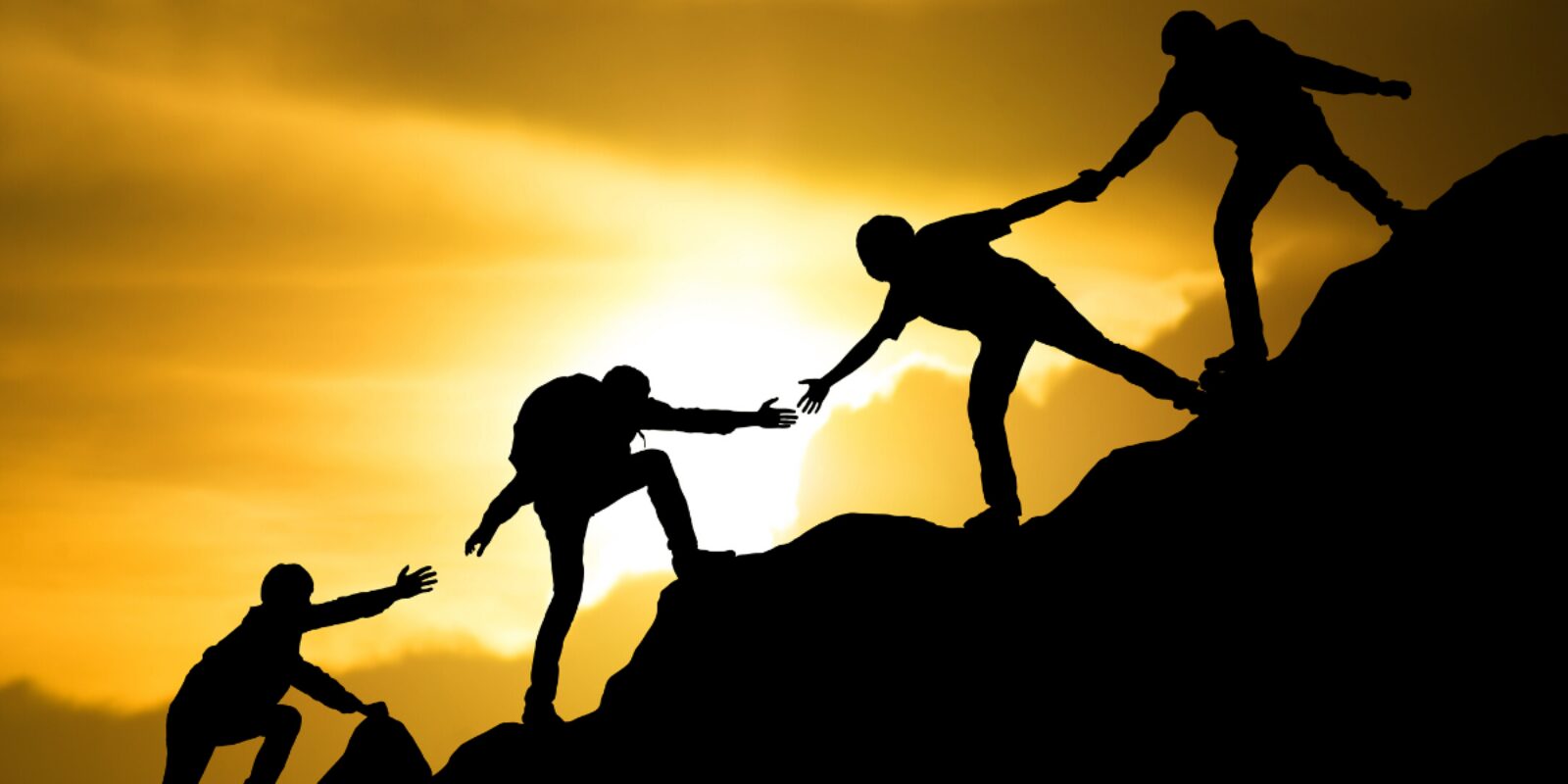March 17, 2020
The news is filled with stories about the spread of COVID-19 ranging from current cases, the impact on the economy, and ways we can all lessen our risk of becoming infected. The best advice is to practice social distancing - avoiding crowds, staying home if you are sick and washing hands as often as possible. For those with jobs that allow working from home, paid sick time and the ability to pay for things like grocery delivery if needed, it poses an inconvenience – a major one but not one that will likely mean an inability to pay for basic needs like housing, food and heat. However, for those who cannot work from home, who do not get paid time off, who cannot afford to pay more for basic needs, like food – following this advice may mean going without.
We know that the MetroWest region, while wealthier and healthier than most of the country, still has vast income inequities. There are large median income differences among different racial/ethnic groups in the region.
The ways individuals and families are able to respond and bounce back for any situation that requires a change in work and school routines, like COVID 19, is dependent on their occupation, living situation, income and or the ability to dip into savings to pay for basic needs. The disruption caused by the lack of health care, food access, child care, transportation or other day-to-day necessities will create an undue burden on those less fortunate.
This public health emergency makes it clear that all of us are part of a larger community and are more interdependent than independent. We are all impacted no matter our economic or employment position. However, some are impacted far more than others. As community members we should not only make sure our families and our agencies are prepared and safe, but also come together as much as we can to make sure the same is true for all our neighbors.
There are simple steps we can all take to help ourselves and our neighbors stay as healthy, safe and comfortable as possible:
- Take care of yourself: Make sure you are following the guidelines from the CDC and Massachusetts Department of Public Health on handwashing, staying home if you are sick and avoiding crowds if recommended. The healthier we are as individuals, the less risk we have of the virus spreading widely.
- Nonprofit leaders: Make sure your agency has a preparedness plan in place. Think through what it means to keep your employees, volunteers and clients healthy, while also maintaining essential services (you may need to find creative ways to do this).
- Stay informed: Make sure you stay informed about current recommendations from trusted sources (CDC, WHO, MA Dept. of Public Health, local health departments).
- Do not hoard supplies: Make sure your family and agency, if you lead one, have what you need to be healthy and safe. But, exercise common sense. For example, do not purchase masks and gloves if you are not caring for someone who is sick and do not buy 10 bottles of hand sanitizer for personal use leaving none for your neighbors.
- Be a good neighbor: Older adults and those with chronic conditions are most at risk if they become infected with COVID-19. If you have neighbors who fit into this category or who may have trouble accessing basic needs, check on them and if you are able, offer to run errands for them so they don’t need to leave their home.
In every challenge, there is an opportunity to come together and model a more equitable and caring community. The more we can embrace the notion that we are all in this together, the healthier and safer we will all be.
The foundation is committed to providing updated information and resources, including sample agency emergency preparedness plans and communications, to nonprofit and community partners on our website.

